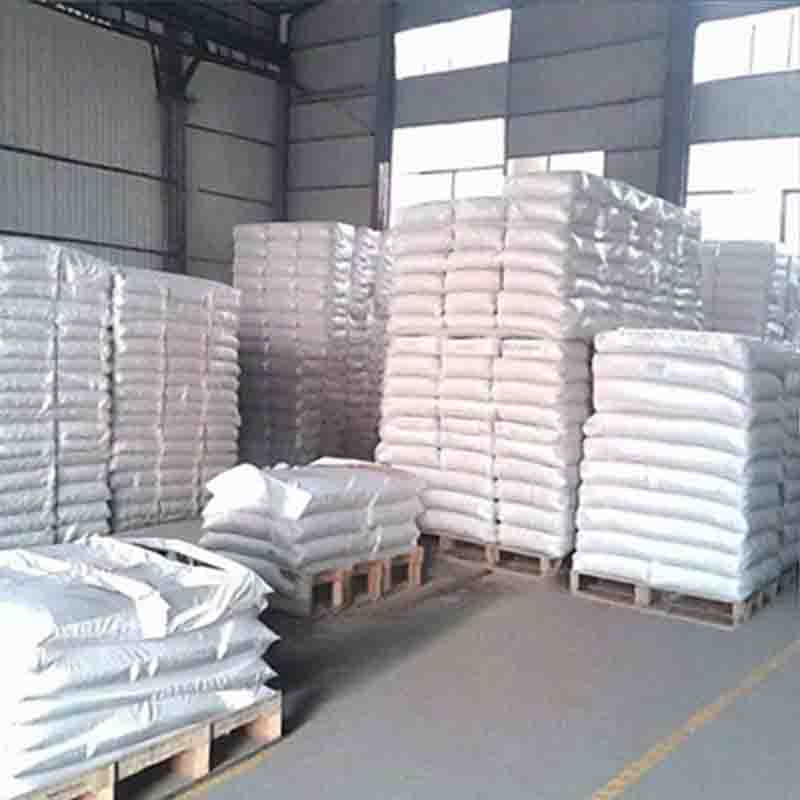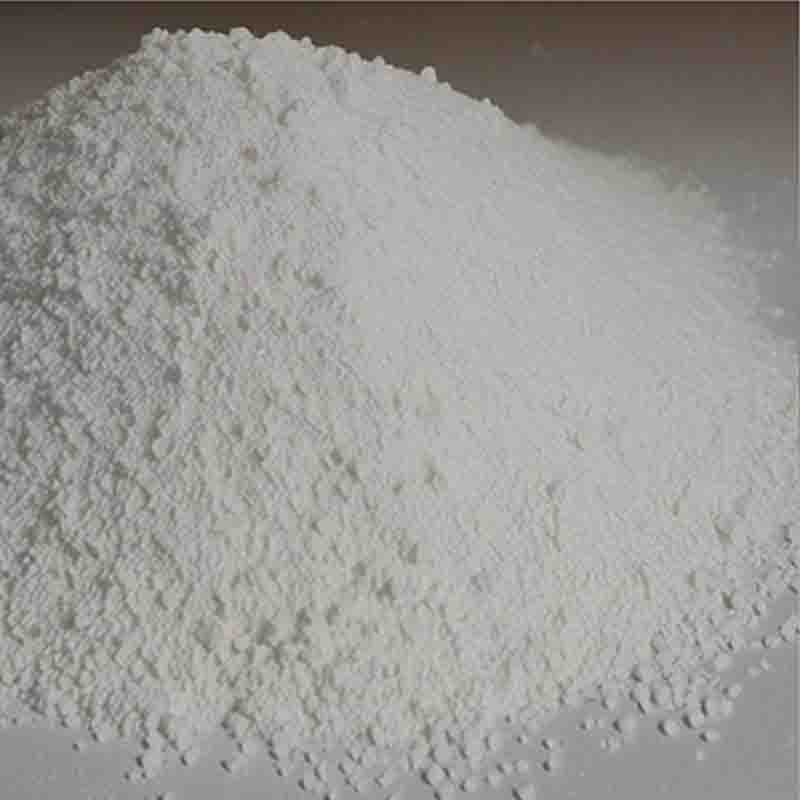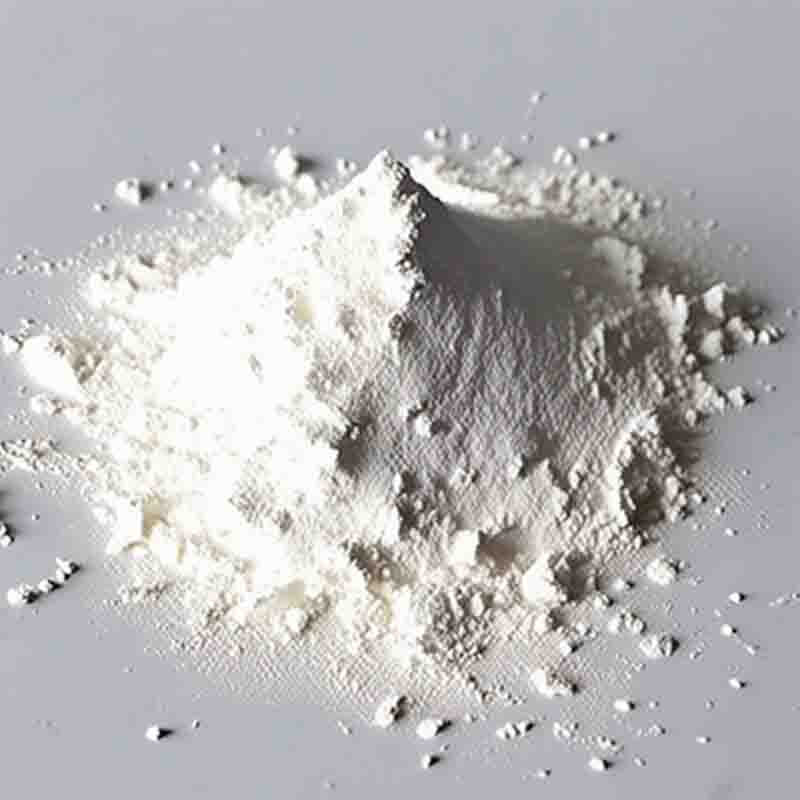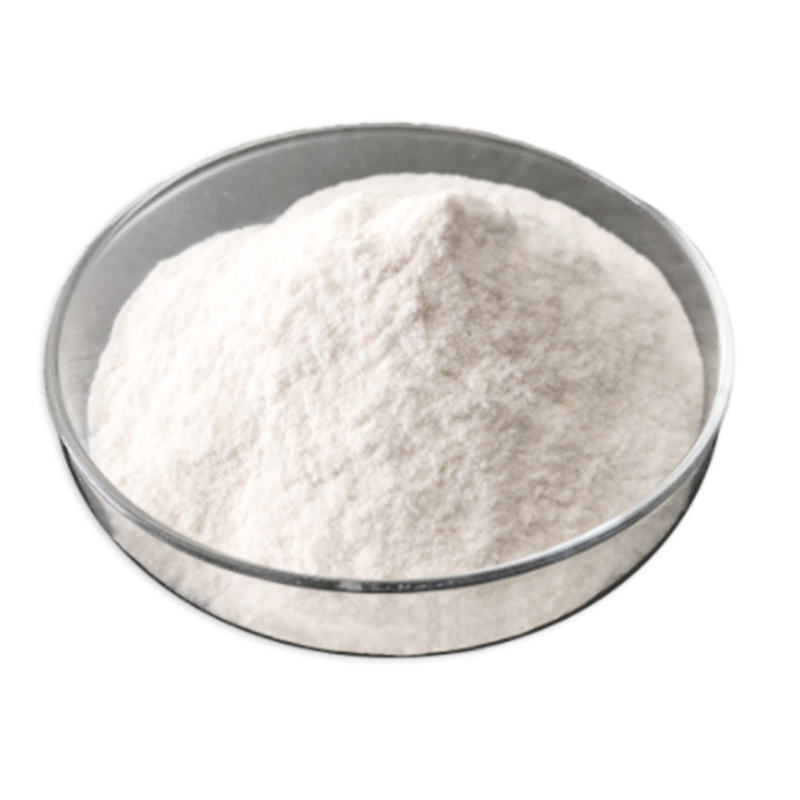4-Hydroxyphenylaceticacid CAS:156-38-7
| Catalog Number | XD96022 |
| Product Name | 4-Hydroxyphenylaceticacid |
| CAS | 156-38-7 |
| Molecular Formula | C8H8O3 |
| Molecular Weight | 152.15 |
| Storage Details | Ambient |
Product Specification
| Appearance | White powder |
| Assay | 99% min |
4-Hydroxyphenylacetic acid (HPA) is a compound that has been studied for its potential effects on the body. It is a derivative of phenylalanine, an essential amino acid that plays a crucial role in protein synthesis. While the research on HPA is limited, there are a few potential effects that have been identified.One area of interest regarding HPA is its antioxidant properties. Antioxidants help protect the body against oxidative stress, which is caused by an imbalance between the production of harmful free radicals and the body's ability to neutralize them. Oxidative stress has been associated with various diseases and aging processes. HPA has shown antioxidant activity in laboratory studies, which suggests it may have the potential to reduce oxidative damage and protect against certain health conditions.Furthermore, HPA has been investigated for its potential anti-inflammatory effects. Inflammation is a natural response by the body to protect itself from harmful stimuli. However, chronic inflammation can contribute to the development of various diseases, including cardiovascular disease, diabetes, and certain types of cancer. Preliminary studies have suggested that HPA may have anti-inflammatory properties, which could potentially help reduce inflammation and its associated health risks.Moreover, HPA has been explored for its potential antimicrobial activity. In laboratory studies, it has exhibited bactericidal effects against certain bacteria, including Staphylococcus aureus and Escherichia coli. These findings indicate that HPA may have the ability to inhibit the growth of harmful bacteria and could potentially be used as an antimicrobial agent.While these studies suggest potential benefits of HPA, it is important to note that research is still ongoing, and more evidence is needed to understand its effects fully. Additionally, the safety and tolerability of HPA in humans have not been extensively studied, so caution should be exercised before its utilization as a therapeutic agent.In conclusion, 4-Hydroxyphenylacetic acid (HPA) has shown potential effects as an antioxidant, anti-inflammatory, and antimicrobial agent. These properties could have implications for reducing oxidative damage, combating inflammation, and fighting against harmful bacteria. However, further research is necessary to validate these findings and determine the safety and effectiveness of HPA in human populations.







![N-[(S)-1-Carbethoxy-1-butyl]-(S)-alanine CAS: 82834-12-6](https://cdn.globalso.com/xdbiochems/白色粉末2129.jpg)

